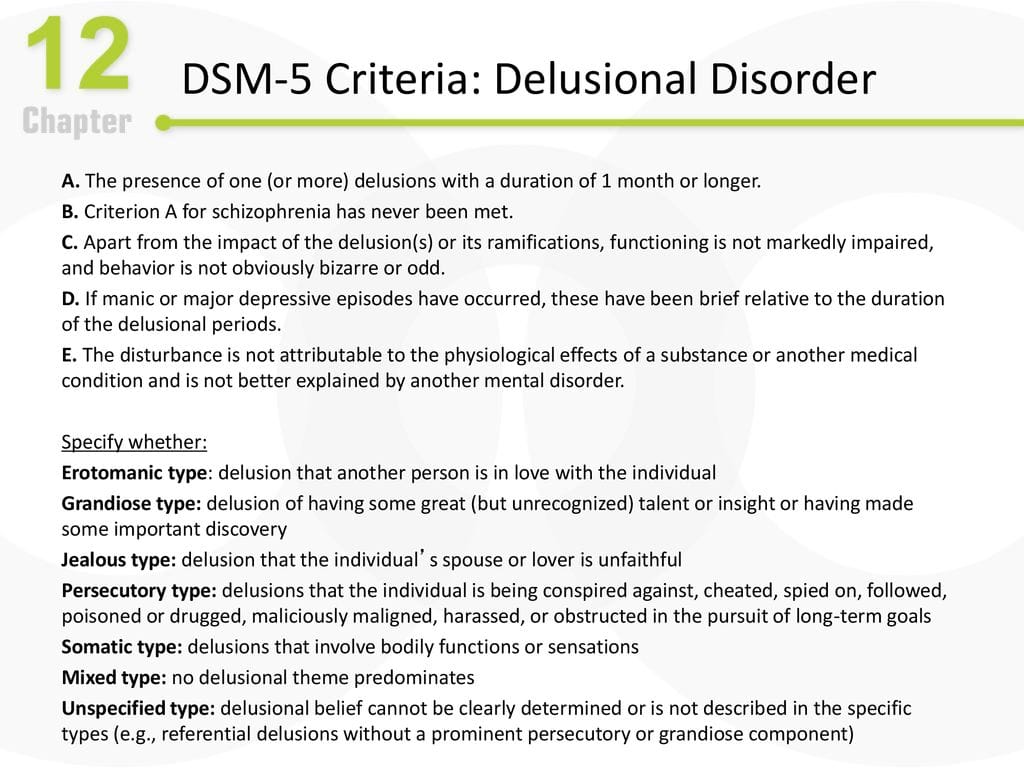
We all have big dreams, but when someone truly believes they’re a ruler, a genius, or sent on a divine mission, it could be more than imagination. Delusions of grandeur are a serious mental health symptom that deserves understanding and proper care.
This guide walks you through what it means, how it shows up, and when to seek help. Understanding is the first step toward the right support.
What Is The Meaning of Delusions of Grandeur?

The meaning of delusions of grandeur is strong, unshakable beliefs that someone is more important, powerful, or gifted than they really are. A person might be convinced they’re a famous figure, chosen for a special mission, or have abilities no one else has, despite no real proof or reason for it.
Now, having big dreams or confidence in yourself isn’t a problem. But with delusions of grandeur, these beliefs are firmly held, even when others gently explain otherwise.
You’ll often see this symptom in conditions like schizophrenia, bipolar disorder, or delusional disorder. These fall under what mental health professionals call mental health delusions or distorted beliefs that don’t line up with reality.
Understanding the Types of Delusion of Enormity and Grandiosity
While all delusions of grandeur involve inflated beliefs about one’s abilities, identity, or purpose, they can show up in a variety of ways. These beliefs are often deeply rooted. Even when others try to gently challenge them, the person may become defensive, confused, or more withdrawn.
Religious or spiritual grandeur: Believing you're a prophet, god-like figure, or chosen for a divine mission.
Identity-based grandeur: Thinking you’re a famous person (past or present), or that others are impersonating you.
Abilities and talents: Being convinced you have unique powers, like telepathy, healing, or unmatched intelligence.
Wealth or influence: Claiming ownership of large fortunes, hidden assets, or secret leadership roles.
Inventive or creative grandeur: Believing you’ve created something revolutionary or are behind major global events.
Sometimes these overlap with what's called a delusion of enormity, where the belief involves large-scale power or cosmic importance, like controlling the weather or being responsible for world peace.
Symptoms of Delusions of Grandeur
Recognising the symptoms of delusions of grandeur can be tricky sometimes. What may seem like strong confidence at first can, over time, become a fixed belief that’s out of touch with reality. These symptoms are described in clinical settings and reflected in the DSM-5, the diagnostic manual used by mental health professionals.
Cognitive Symptoms
Cognitive symptoms relate to the nature of the delusion itself (a fixed false belief).
Firm belief in having special powers, status, or identity
Difficulty recognising that these beliefs are unrealistic
Dismissal of logical explanations or clear evidence
Emotional Signs
Emotional signs reflect affective changes that often accompany grandiosity (like elation, irritability).
Feeling overly important or uniquely gifted
Irritability or defensiveness when beliefs are challenged
Frustration or distress when others don’t share the belief
Behavioural Manifestations
Behavioural changes are observations commonly noted in clinical settings when belief influences actions.
Speaking frequently about one’s “mission” or superiority
- Withdrawing from friends or family who question the beliefs, similar to challenges seen in enochlophobia
Making major life decisions based on the delusion
If you or someone you know is showing these signs, connecting with a mental health professional is a helpful and important first step.
Understanding the Root Causes of Grandiosity Disorder
There’s no single cause behind delusions of grandeur since they usually develop as part of a larger mental health condition. That said, there are a few key factors that are often involved, based on clinical research and observations.
Associated Mental Health Conditions
Delusions of grandeur commonly appear in:
Schizophrenia: A condition where a person may experience delusions, hallucinations, and disorganised thinking.
Bipolar I disorder (during manic episodes): Grandiose thinking is a hallmark of mania, and in some cases, these beliefs become delusional.
Delusional disorder (grandiose type): Here, the delusion is specific, typically involving inflated self-worth or a sense of special mission or identity.
Biological and Neurological Factors
Imbalances in brain chemicals (like dopamine) may affect how a person interprets reality.
Some research suggests links to brain structure and function, particularly in areas involved in perception and reasoning.
Psychosocial and Environmental Triggers
A history of trauma, isolation, or neglect can contribute to the development of distorted self-perceptions.
High stress, substance use, or major life changes may also act as triggers in people who are already vulnerable.
While we don’t yet know why some people develop these beliefs, mental health experts agree that it’s often a combination of biological predisposition and life experiences.
How Are Delusions of Grandeur Diagnosed?
Diagnosing delusions of grandeur involves a careful mental health assessment, and professionals follow structured steps based on DSM-5 guidelines.
Clinical interview: A psychiatrist or licensed psychologist asks about the person’s thoughts, beliefs, and daily functioning.
Mental status exam: This helps assess reasoning, speech, perception, and the level of belief in the delusion.
Medical screening: To rule out other causes like brain injury, substance use, or neurological disorders.
Use of Standardised Tools: Tools like the PANSS (Positive and Negative Syndrome Scale) or structured interviews like SCID (Structured Clinical Interview for DSM Disorders) may be used to support diagnosis.
The goal is to understand the broader mental health picture so the right support can begin.
Treatment for Delusions of Grandeur: From CBT to Recovery Support
There’s no one-size-fits-all approach, but treatment for delusions of grandeur usually involves a mix of medication, therapy, and ongoing mental health support.
Medication Options
Antipsychotic treatment is often prescribed to reduce delusional thinking.
In cases involving bipolar disorder, mood stabilisers or antidepressants may also be used.
Psychotherapy and Counselling
Cognitive Behavioural Therapy (CBT) is used to help a person gently challenge grandiose beliefs.
Therapy also supports emotional regulation and improves insight over time.
Support Systems and Long-Term Management
Long-term support might include psychoeducation, group therapy, and help with daily living or work.
A consistent care plan helps manage symptoms and reduce the impact on relationships, safety, and quality of life.
When to Seek Help (And Who to Reach Out To)
If someone’s self-beliefs feel out of touch with reality and begin affecting daily life, relationships, or safety, it’s time to seek support.
Fixed, unrealistic beliefs that don’t shift with facts
Risky or isolating behaviour
Difficulty accepting other viewpoints
Strong reactions when concerns are raised
Who to contact:
A psychiatrist for diagnosis and medication
A psychologist or licensed therapist for ongoing therapy
A mental health counsellor for emotional support
Platforms like Pyng can help connect you with trusted professionals in your area
Getting help early can make a real difference.
A Compassionate Approach to Grandiosity Disorders
Everyone’s mind works in its way, but when beliefs start to feel bigger than reality and get in the way of daily life, it’s okay to pause and ask for help.
Delusions of grandeur aren’t something to navigate alone. With the right support and care, things can feel a lot more manageable. And if you're not sure where to begin, reaching out to a trusted mental health expert is a good place to start.




